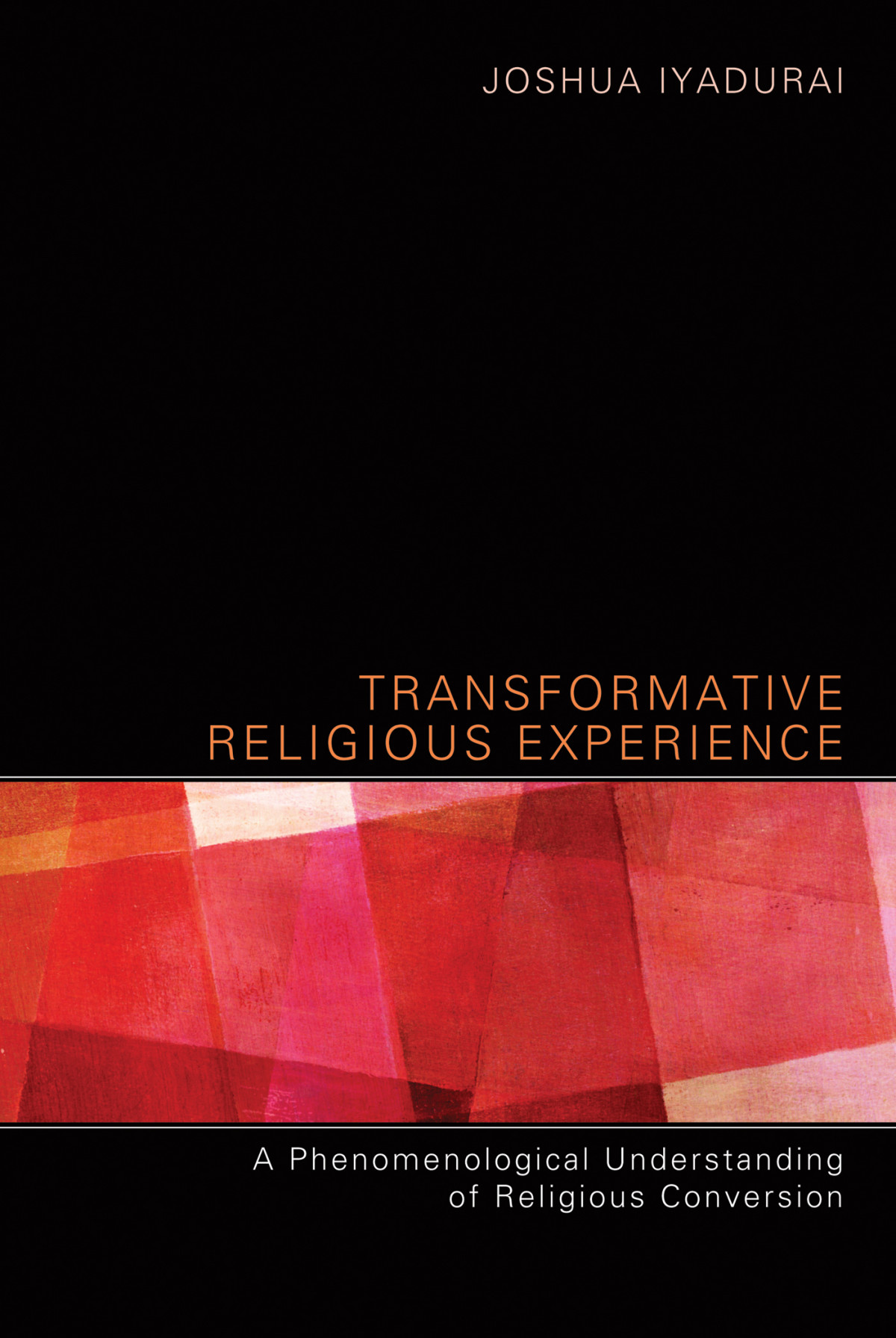

Most ebook files are in PDF format, so you can easily read them using various software such as Foxit Reader or directly on the Google Chrome browser.
Some ebook files are released by publishers in other formats such as .awz, .mobi, .epub, .fb2, etc. You may need to install specific software to read these formats on mobile/PC, such as Calibre.
Please read the tutorial at this link: https://ebookbell.com/faq
We offer FREE conversion to the popular formats you request; however, this may take some time. Therefore, right after payment, please email us, and we will try to provide the service as quickly as possible.
For some exceptional file formats or broken links (if any), please refrain from opening any disputes. Instead, email us first, and we will try to assist within a maximum of 6 hours.
EbookBell Team

0.0
0 reviewsWhat makes a priest of one religion become a preacher of another religion? How could a person embrace a religion suddenly that he or she had up to then opposed? Why would young women risk their reputation and endanger their lives for the sake of newfound faith? How could an alcoholic detest a sip of wine all of a sudden? What drives an atheist to become an ardent worshiper of God? How could an intelligent person relate to God as to an adult human being? Transformative Religious Experience answers these questions with fascinating narratives of conversion. These narratives together show how the transforming effects of conversion permeate the daily lives of converts in a multireligious context.
Joshua Iyadurai analyzes psychologically the mystical turning point in the conversion process and finds that the divine-human encounter entails a cognitive restructuring: a new set of beliefs, values, and desires replaces previously held religious beliefs, values, and desires. By drawing insights from the fields of psychology, sociology, anthropology, and theology, Iyadurai develops an interdisciplinary step model from a phenomenological perspective to explain the conversion process that incorporates the religious practices and social-psychological factors while giving a central place to religious experience.